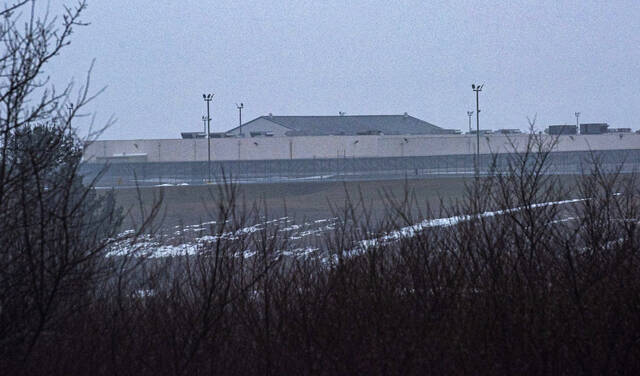President Joe Biden on Friday announced $7 billion in investment in hydrogen-producing projects across the nation, including two projects that will have Pennsylvania participation.
Seven so-called “Hydrogen Hubs” that are centered in seven states were announced as part of the Biden administration’s effort to boost development and production of hydrogen fuel, in an effort to lower carbon emissions and address climate change.
The White House said the seven hubs selected by the administration will spur more than $40 billion in private investment and create tens of thousands of good-paying jobs, including many high-paying union jobs.
Two hubs will impact Pennsylvania: the Mid-Atlantic Clean Hydrogen Hub (MACH2) based in Philadelphia and the Appalachian Regional Clean Hydrogen Hub (ARCH2) based in West Virginia.
Many people are celebrating that Pennsylvania will get a piece of two separate projects. Bipartisan co-chairs from Energy Future PA group, and Gov. Josh Shapiro said the announcement is a huge win for Pennsylvania workers and communities.
Shapiro noted that Pennsylvania is the only state in the country to be part of two different hydrogen hubs.
“Pennsylvania is positioning itself as the leader of our country’s clean energy future and creating thousands of new, good-paying union jobs,” tweeted Shapiro on Friday. “By working closely with organized labor, industry partners, and our neighboring states, we got this done.”
But some Pittsburgh-area groups are expressing some regret. They said that while Southwestern Pennsylvania will get some benefit from the ARCH2 hub, a Pittsburgh-based plan was actually passed over that would have helped revitalize heavy industry in the area.
Sen. Bob Casey, D-Scranton, said $750 million is being awarded to the MACH2 hub, which will cover Southeastern Pennsylvania, Southern New Jersey, and Delaware. It will produce hydrogen through renewable and nuclear energy.
The ARCH2 hub is receiving $925 million, said Casey. The hub will produce hydrogen from natural gas, and potentially methane, which leaks out of natural gas-production facilities. It will cover West Virginia in coordination with regional partners in Pennsylvania, Ohio, and Kentucky, including natural-gas companies based in the Pittsburgh-area CNX Resources and EQT.
Casey said he will lobby to ensure that Southwestern Pennsylvania’s footprint is maximized as part of the ARCH2 hub.
“The ARCH2 hydrogen hub is an incredible regional opportunity to put Appalachia at the forefront of the 21st century economy,” said Casey. “Southwestern Pennsylvania has a long, proud history of building and powering our nation, and a hydrogen hub will bring jobs, economic growth, and clean energy innovation to the Appalachian Basin.
However, some groups expressed disappointment that a Pittsburgh-based plan was not selected. A Decarbonization Network of Appalachia hub plan that was centered in Pittsburgh was submitted by Pennsylvania state officials as well as partners including Mitsubishi Power.
Jeff Nobers is the executive director of Pittsburgh Works Together, a coalition of businesses and labor unions that advocates for manufacturing and natural-gas development.
He said the group recognizes some of the benefits Southwestern Pennsylvania will get with the West Virginia-based project, but was ultimately disappointed the DNA project was passed over, adding that it was “certainly not at the level we had hoped.”
Nobers said Pittsburgh Works has already started to speak with ARCH2 applicants to create opportunities for workers in the Pittsburgh region, and will continue to lobby for jobs and hydrogen facilities.
Darrin Kelly, one of the Pittsburgh region’s top union leaders and head of the Allegheny-Fayette Central Labor Council said the council is “extremely disappointed” the Pittsburgh-based plan was not picked. He believed the DNA plan was the best plan and could have led to a major revitalization of heavy manufacturing in the region.
Kelly said the ARCH2 plan has good potential for Western Pennsylvania and the council is set on ensuring local workers will be involved in hydrogen production and sustainable manufacturing.
“We are disappointed, and we are angry,” said Kelly. “But we know there are good things ahead, and we will do what we always do: get back up and get to work.”
The Allegheny Conference on Community Development had hoped the DNA plan would be selected, and expressed dissapointment in a statement. However, the pro-business group said that hydrogen production will remain a priority in the Pittsburgh region and said “hydrogen is important to advancing decarbonization and can help to accelerate investment and inclusive growth.”








